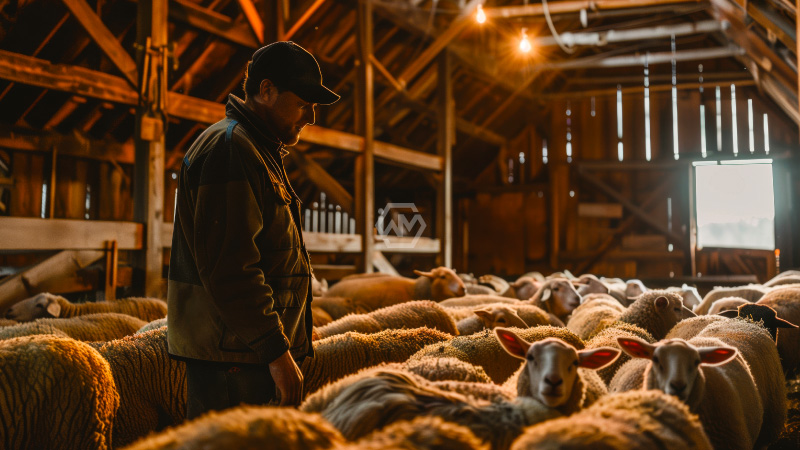- Federal inquiry recommends banning live sheep exports from Western Australia by 2028.
- Coalition and farmers oppose the ban, criticizing the inquiry’s process and evidence.
- Debate intensifies with calls for a Senate inquiry and ongoing protests from affected stakeholders.
The federal inquiry’s recommendation to ban live sheep exports from Western Australia by 2028 has ignited a fierce debate across Australia. While the committee, led by Meryl Swanson, supports the ban citing welfare concerns, opposition from the Coalition and agricultural lobby groups has been vehement.
Meanwhile, farmers and industry representatives have rallied against the ban, staging protests and lobbying efforts to overturn the recommendation. They argue that the ban would devastate livelihoods in the agricultural sector,
The Battle Over Australia’s Live Sheep Export Ban: What’s at Stake
Australia’s plan to phase out live sheep exports from Western Australia by 2028 has sparked intense opposition from farming communities and industry groups. The federal inquiry’s recommendation to implement the ban has been met with accusations of bias and inadequate consideration of economic impacts. Critics, including members of the Coalition, argue that the inquiry was hastily conducted and failed to fairly assess the viability of alternative measures to address animal welfare concerns.
In response to the inquiry’s findings, which were dominated by Labor members, calls for a Senate inquiry have intensified. Stakeholders hope that a Senate review will provide a more balanced evaluation and potentially reverse the ban. The issue has become deeply politicized, with the Coalition positioning itself against the ban and promising to repeal the legislation if it gains power. This political standoff reflects broader divisions over environmental and economic priorities in Australia’s agricultural policy.
As the debate continues, industry representatives and farmers are mobilizing support to challenge the ban’s implementation. They argue that the livelihoods of thousands of Australians are at stake, particularly in rural communities heavily reliant on live sheep exports. At the same time, animal rights advocates maintain their support for the ban, emphasizing the need for improved animal welfare standards and alternatives to live exports.
The controversy surrounding Australia’s live sheep export ban underscores the complex intersection of economic interests, environmental concerns, and animal welfare. As stakeholders on all sides prepare for further legislative and political battles, the outcome will significantly impact not only the agricultural sector but also Australia’s broader policy approach to animal exports and welfare.
The article can explore perspectives on the ban, such as from a farmer deeply affected by the potential loss of income due to the ban. For instance, “Geoff Pearson, president of WA Farmers’ livestock section, expressed concern over the ban: ‘This decision threatens our way of life and livelihoods. We must fight to protect our industry and rural communities.'”



